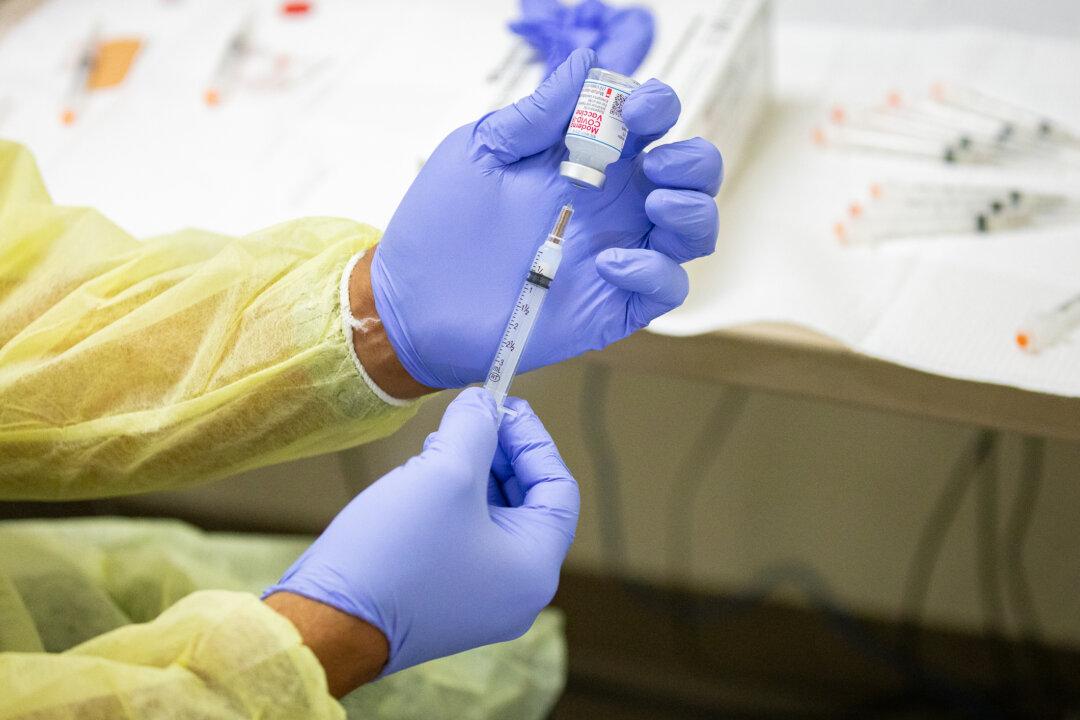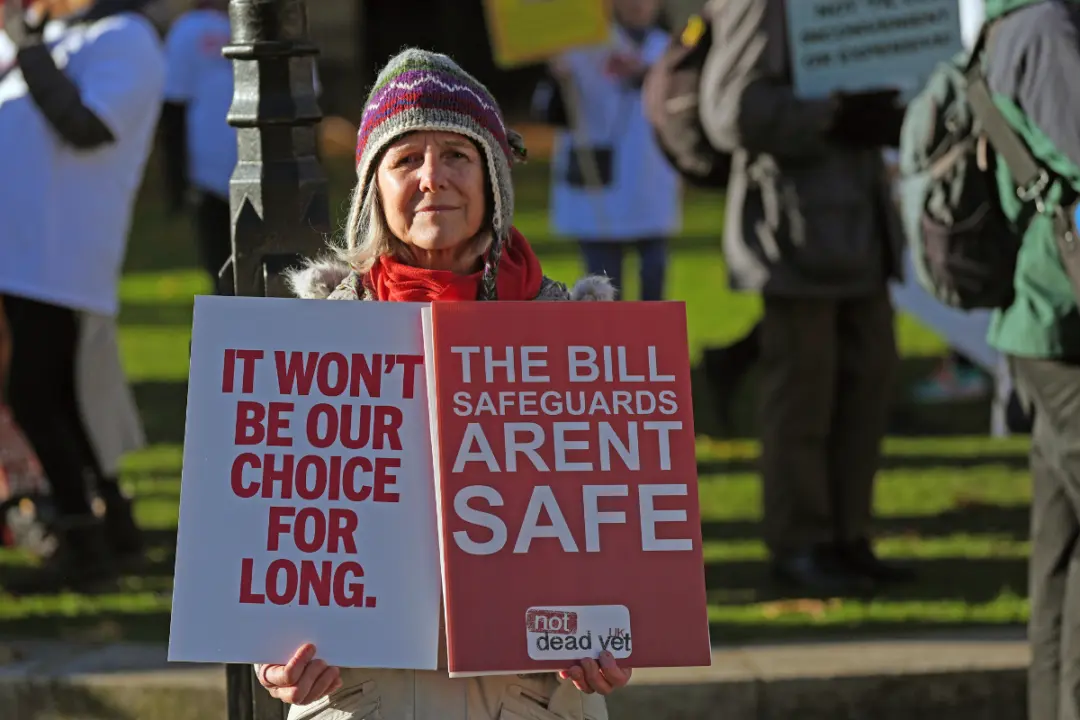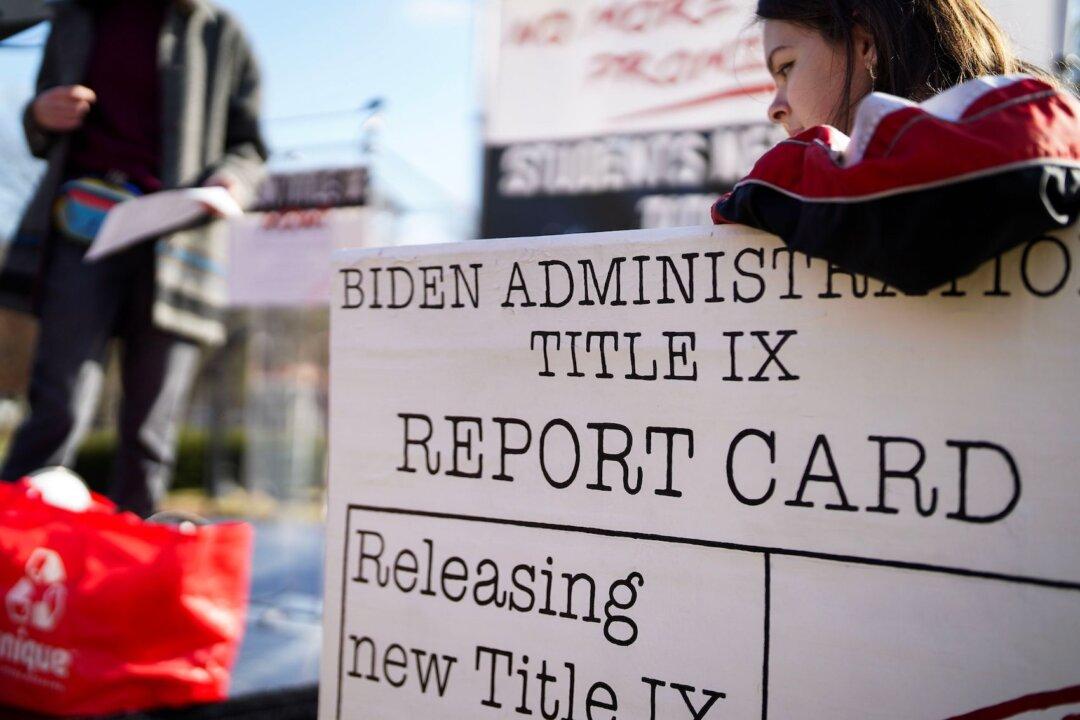Commentary
The autocratic power assumed by the government during the COVID-19 crisis has had the same effect on technocrats that blood in the water has on sharks: They are in a feeding frenzy. Their latest hoped-for power grab is to have the federal or state governments force us all to be inoculated against COVID-19.





